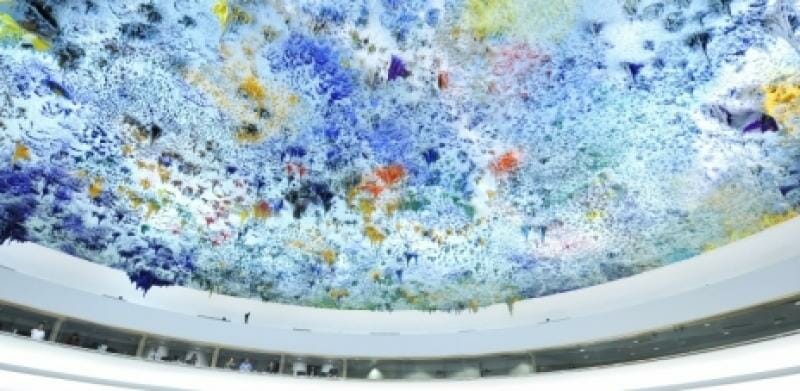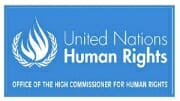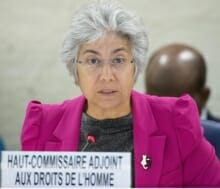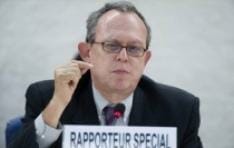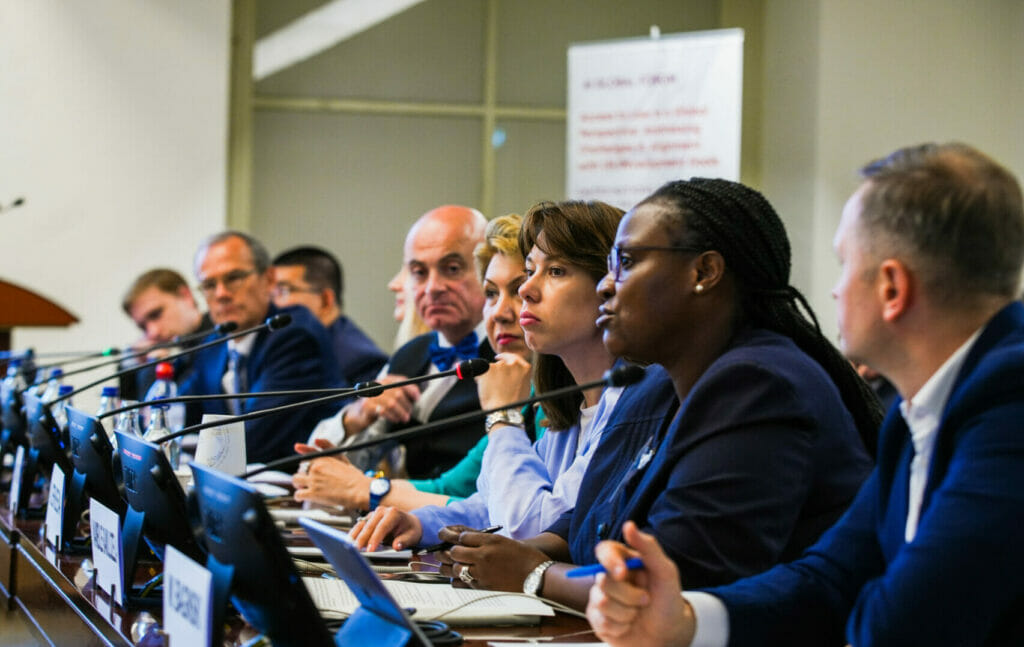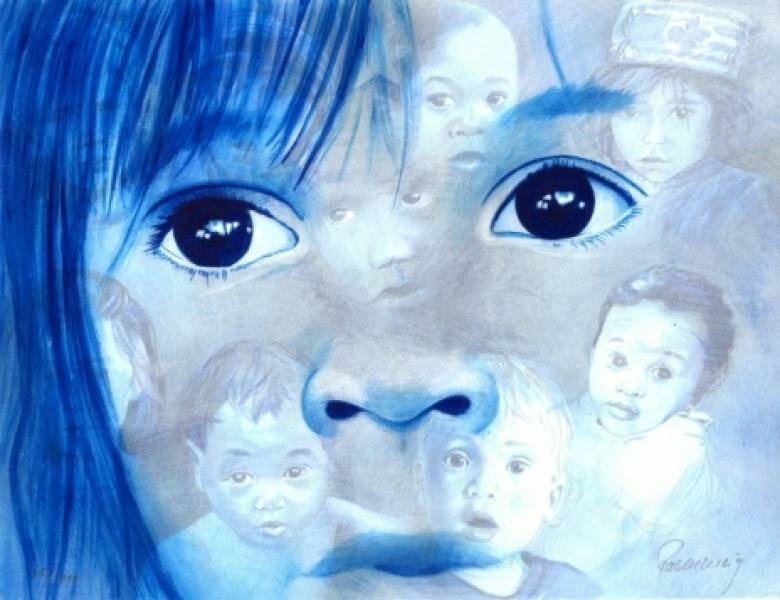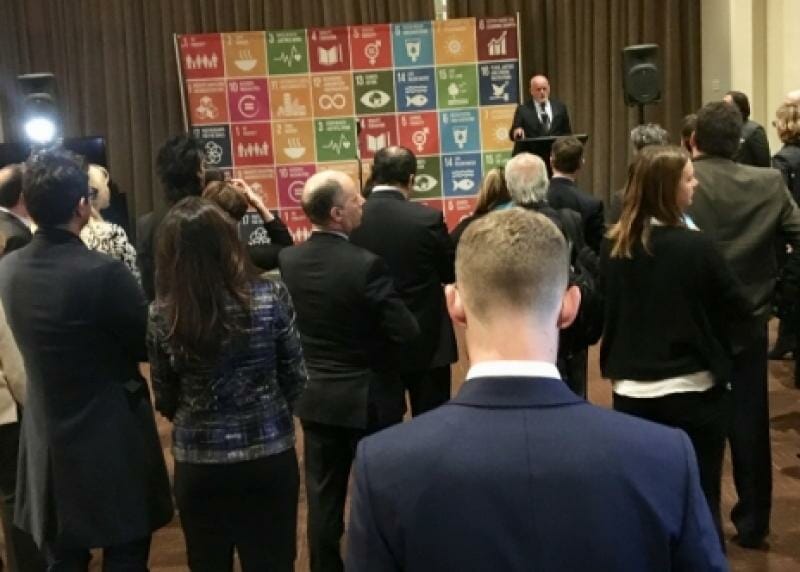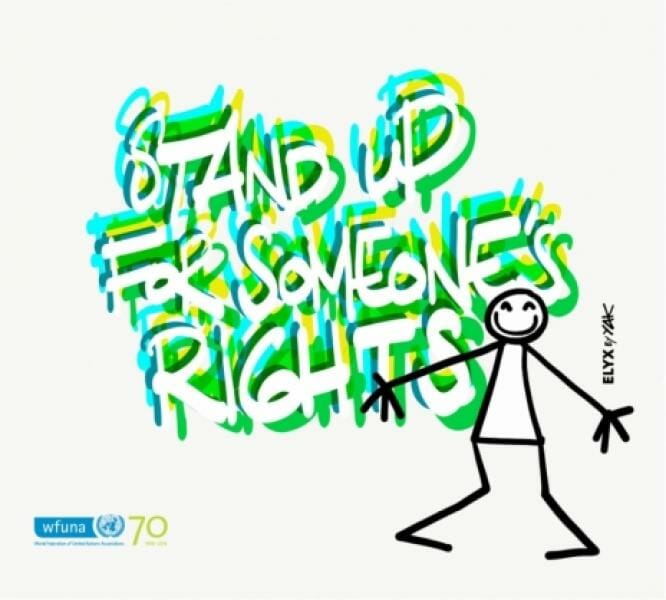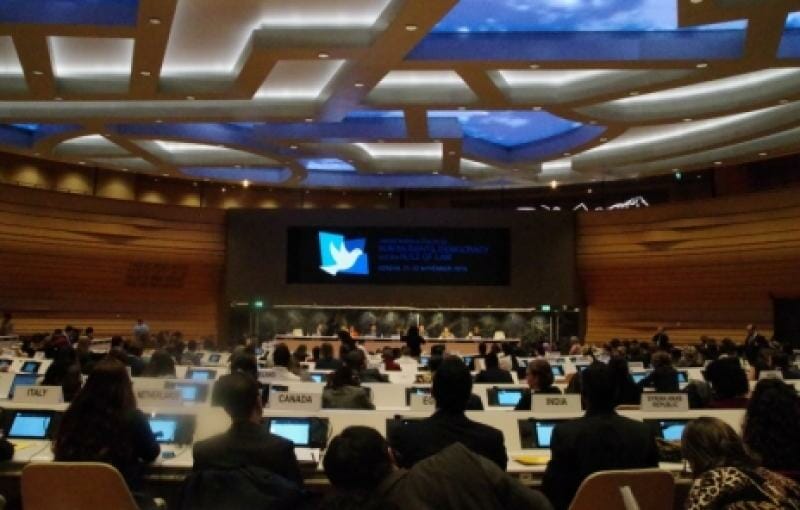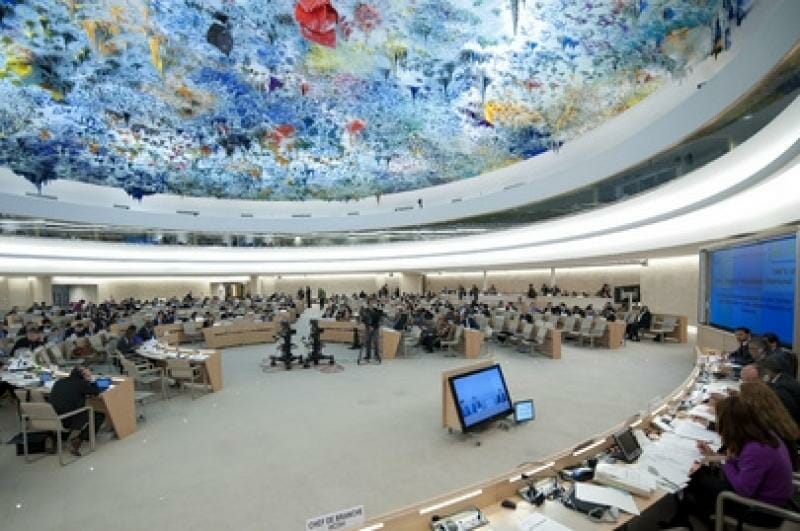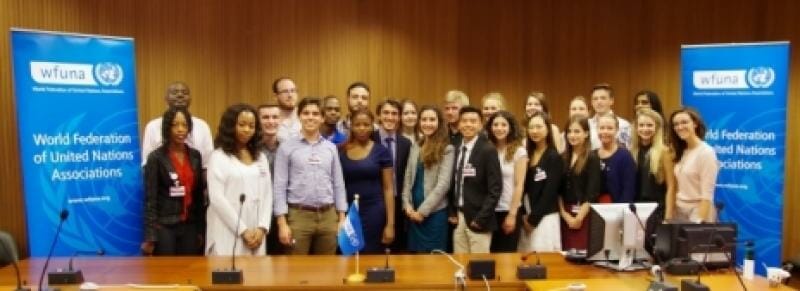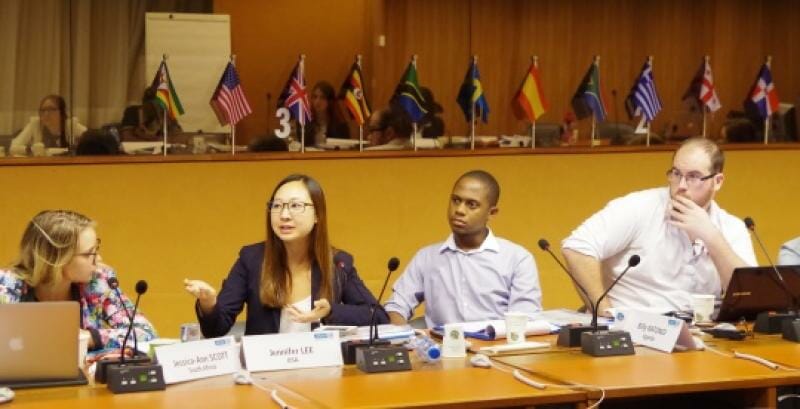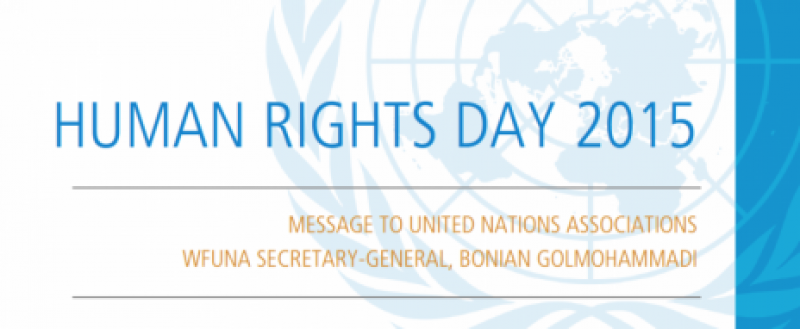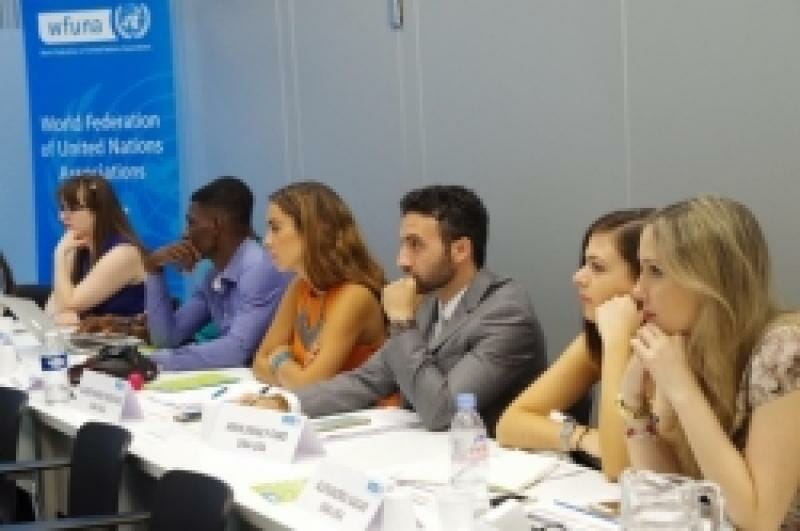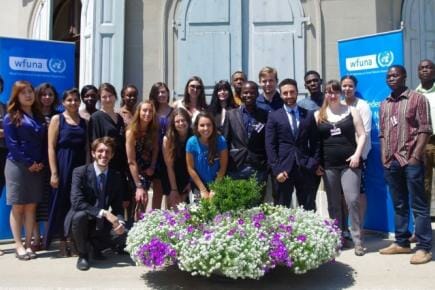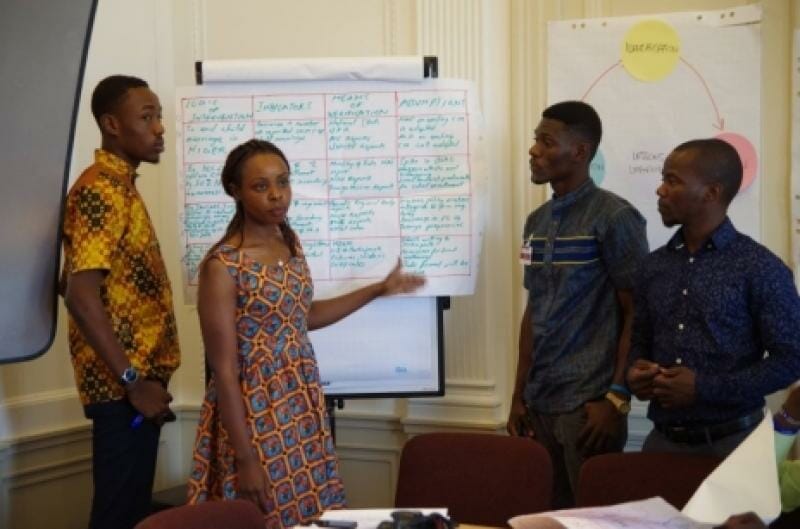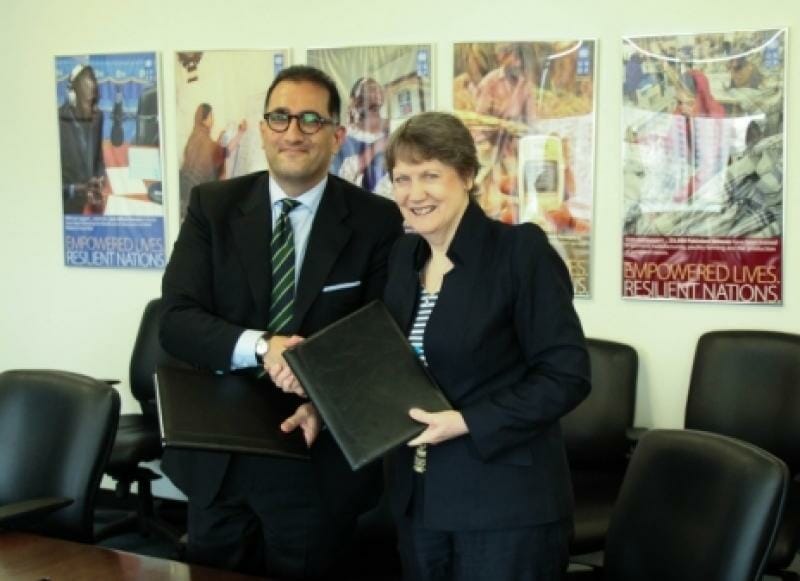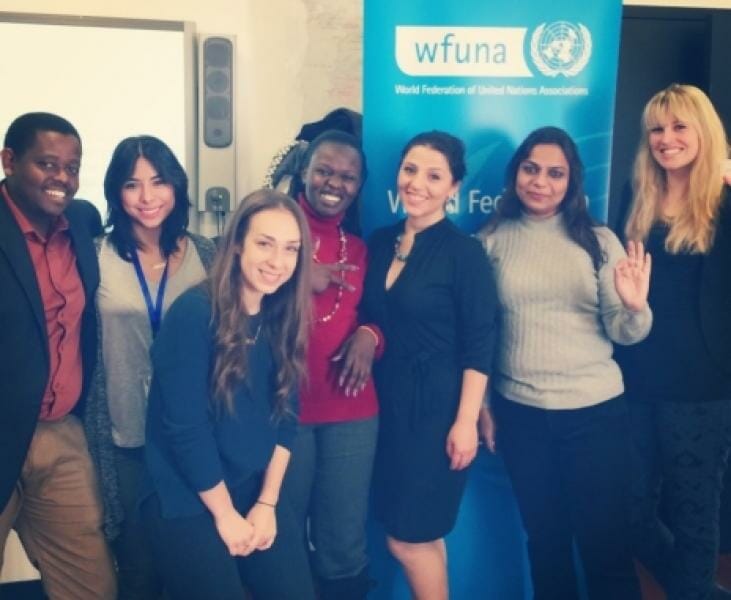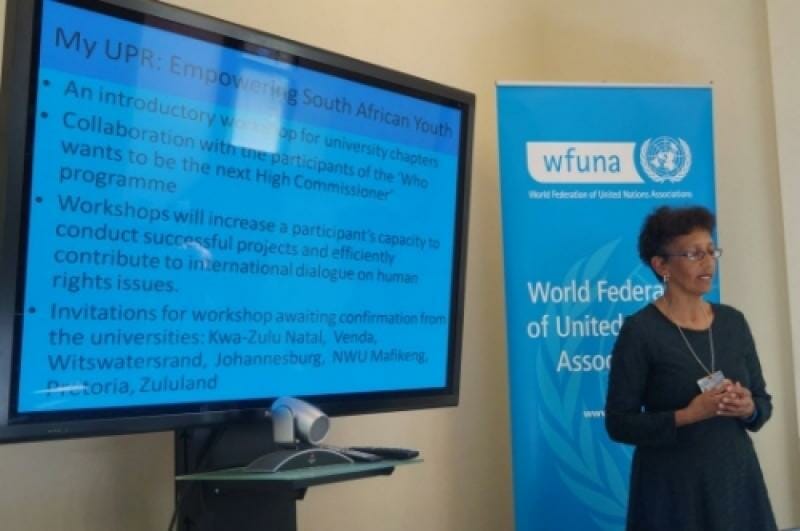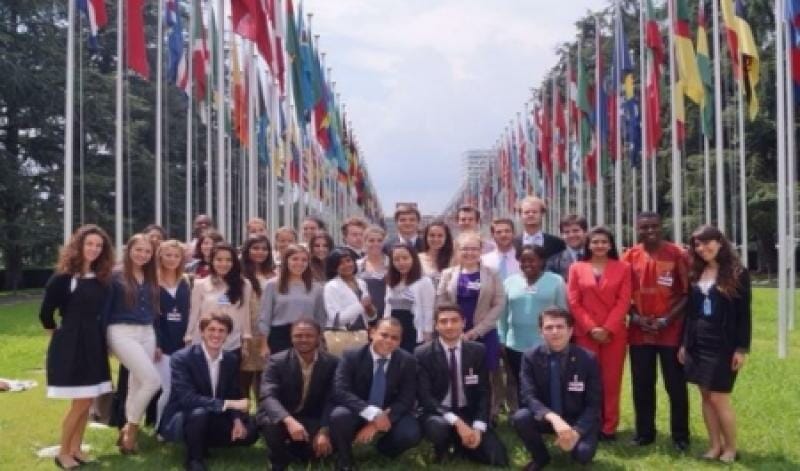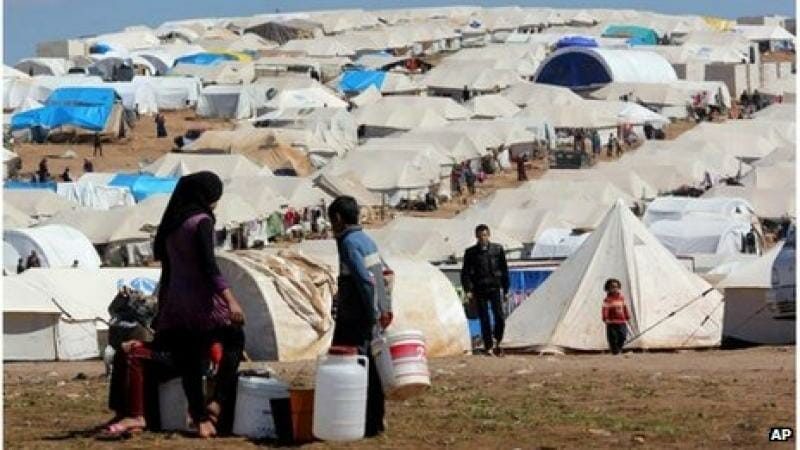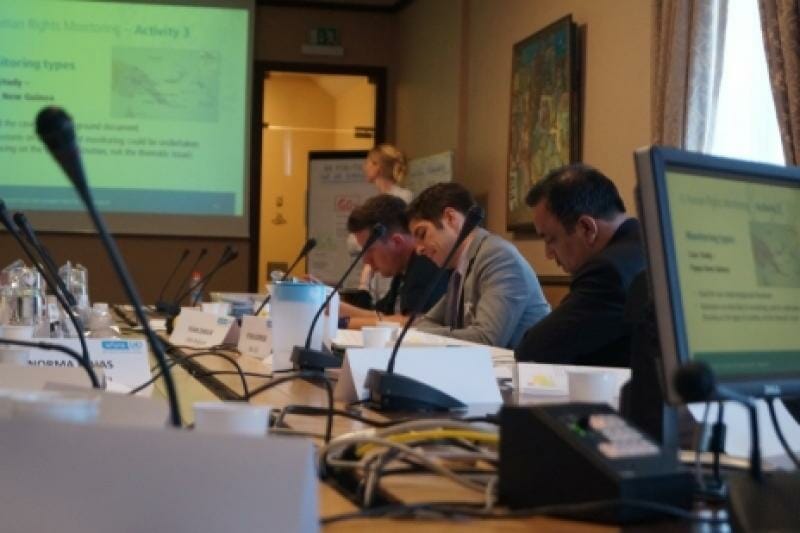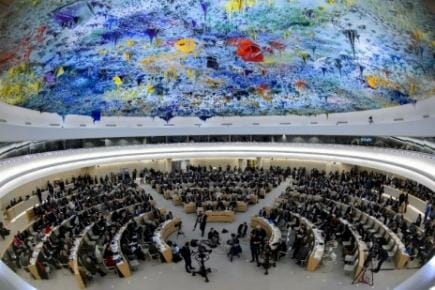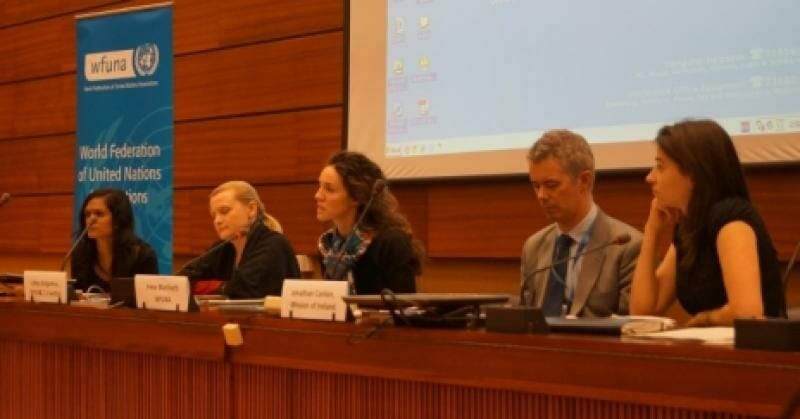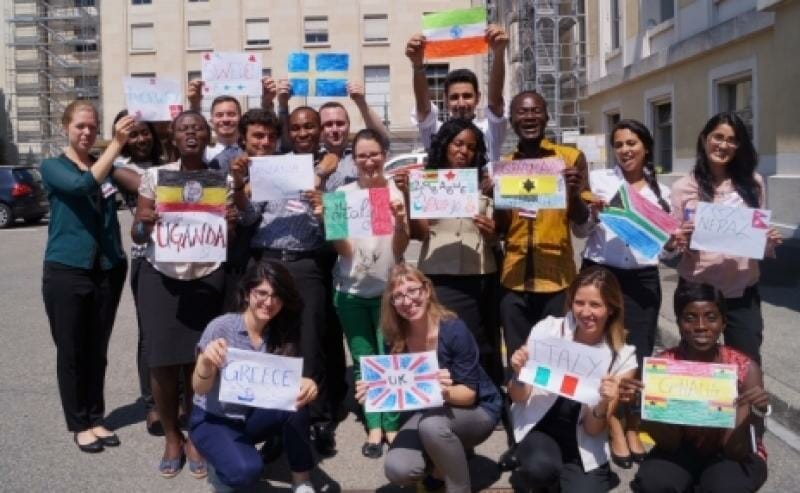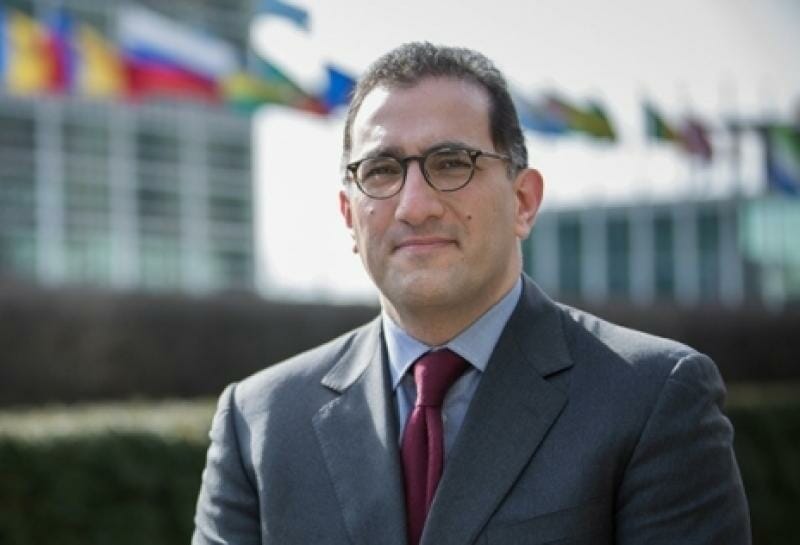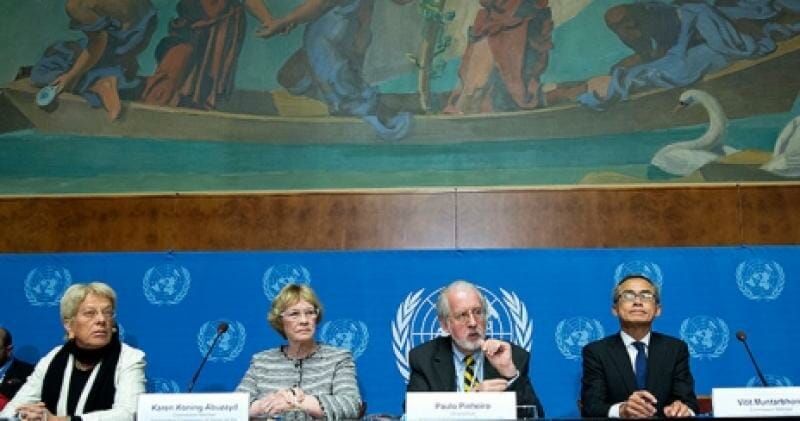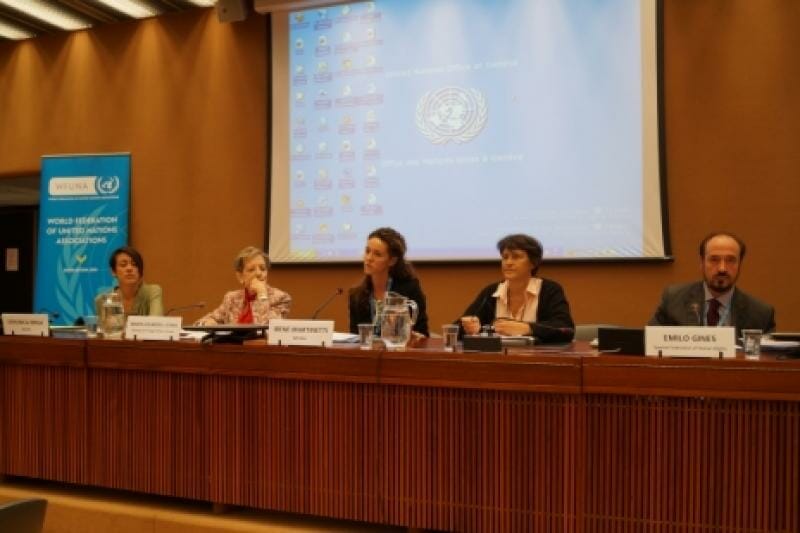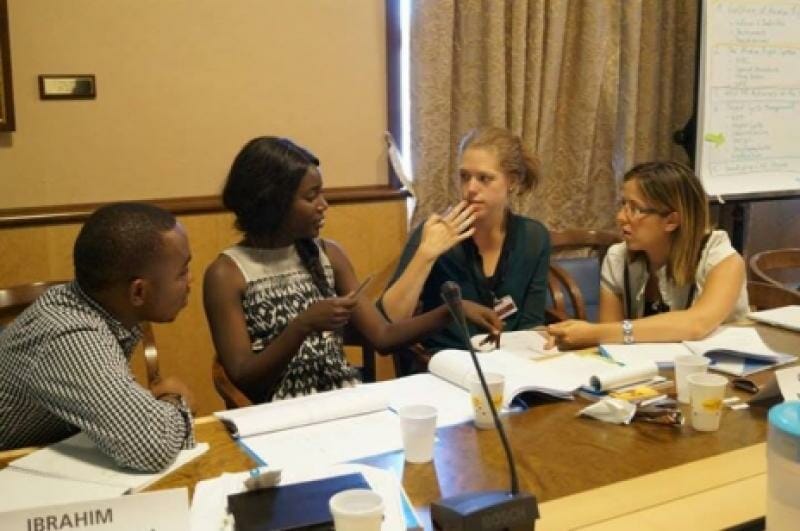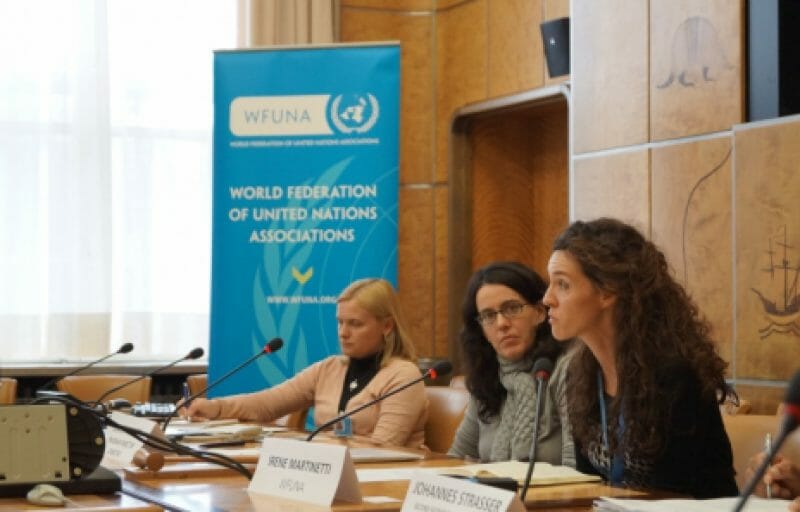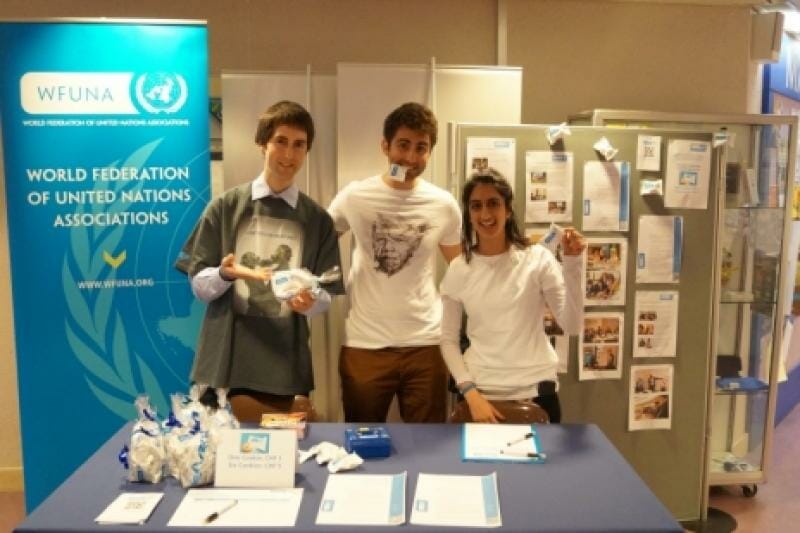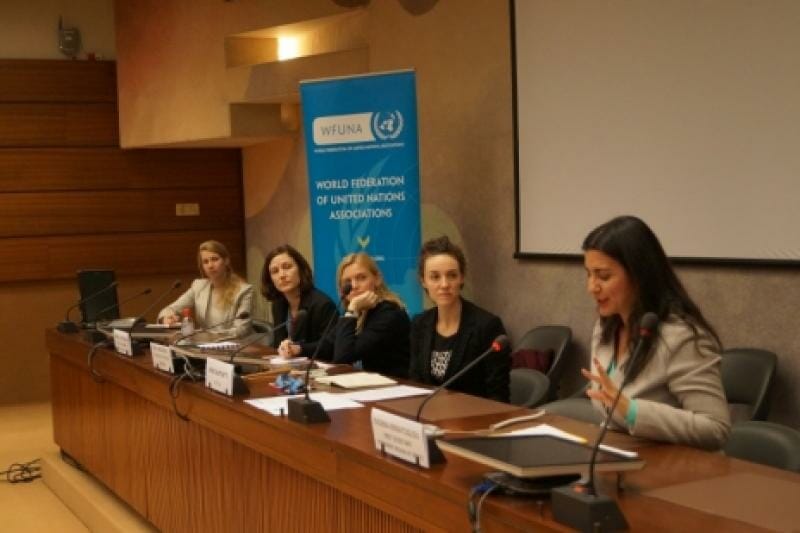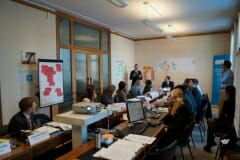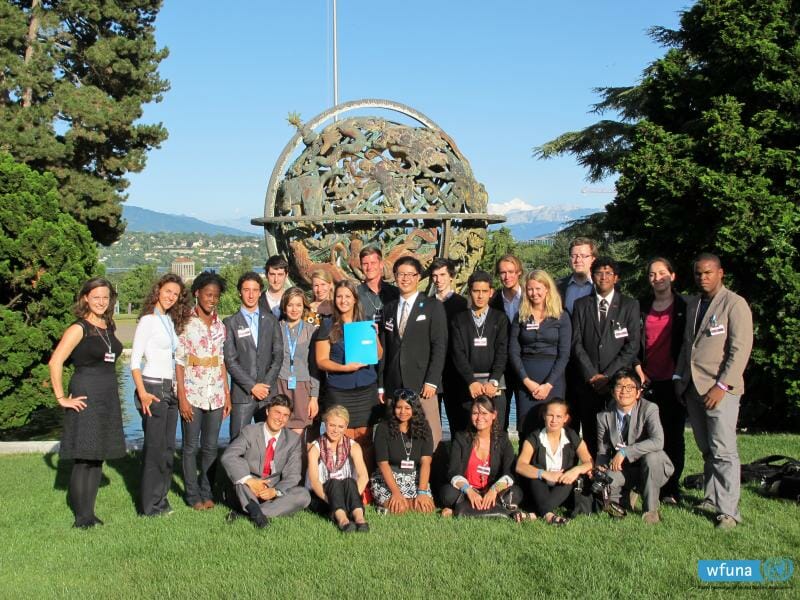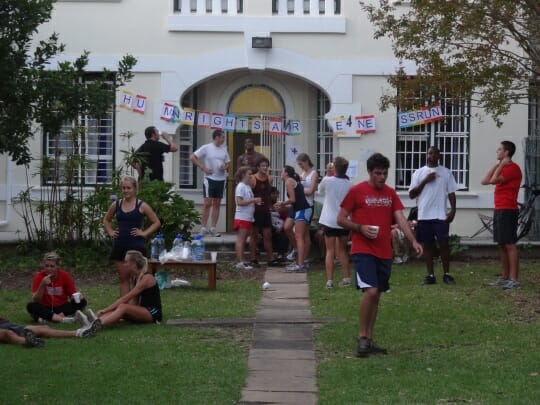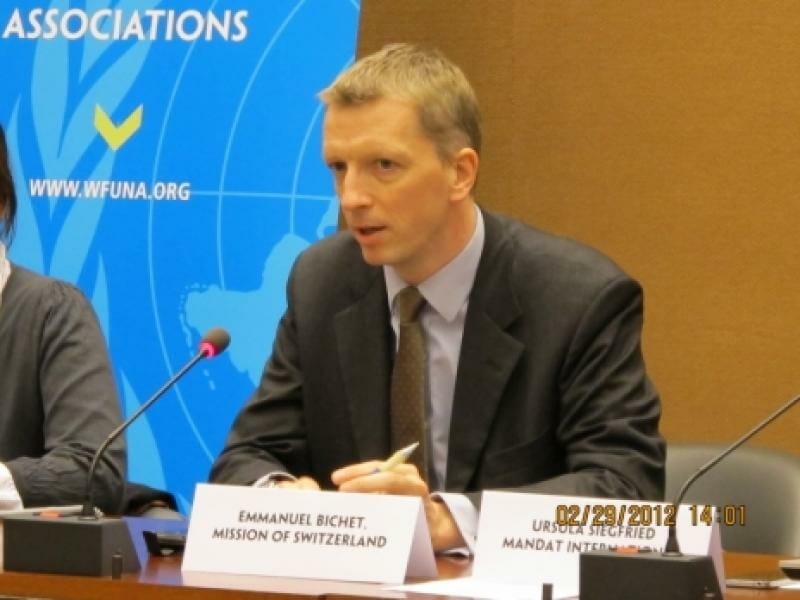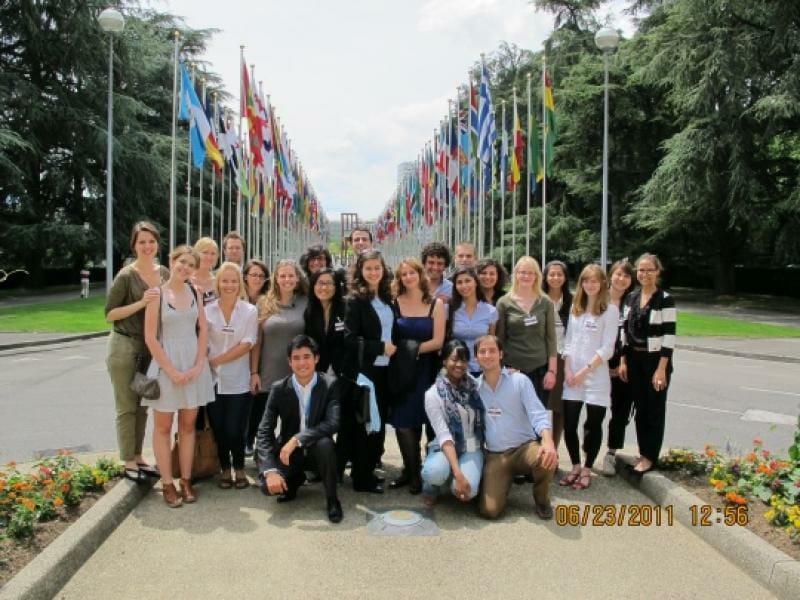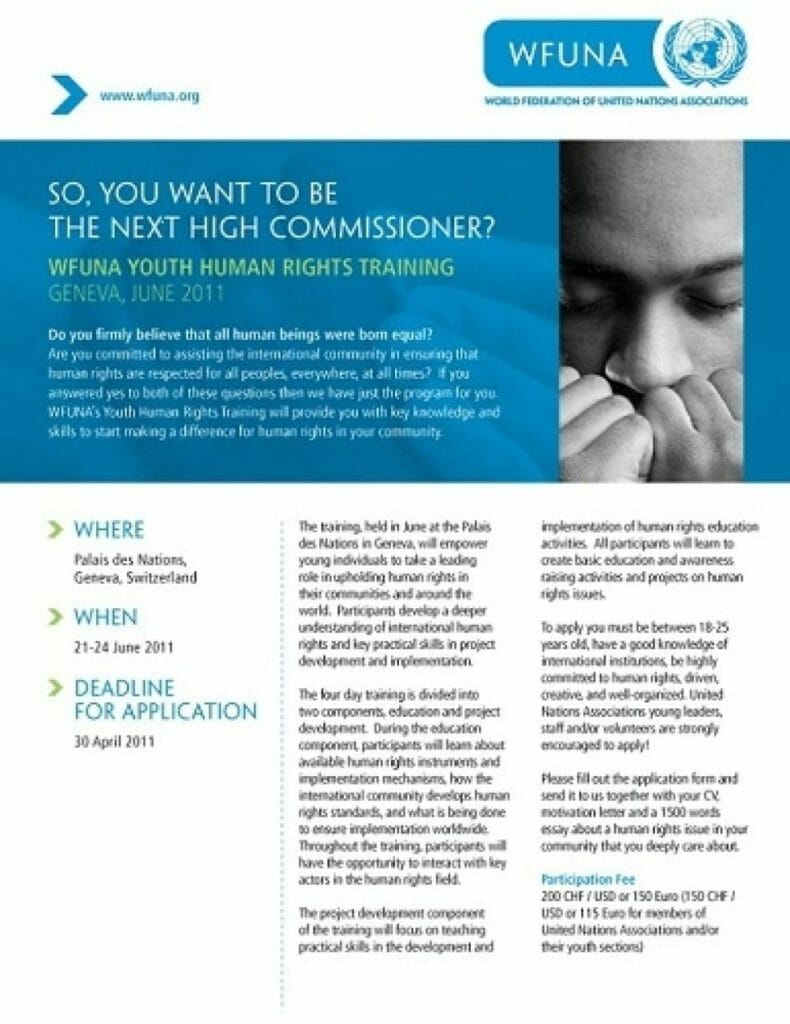The second week of this 25th session of the Human Rights Council mainly focused on the Item 3 of the Agenda, namely the promotion and protection of all human rights, civil, political, economic, social and cultural rights, including the right to development. Thursday 13 March was dedicated to the annual full-day meeting on the rights of the child.
Highlights of the week
Special Rapporteurs and Independent experts submitted their reports and recommendations to the Council on their mandate areas: torture, human rights defenders, right to food, adequate housing, Human Rights and environment, foreign debt, freedom of religion and belief, counter terrorism, cultural rights, sale of children, violence against children, children in armed conflict.
The main issues discussed during the interactive dialogues between the SRs and States included the following:
- The sale of children, child pornography and prostitution happen too often in situation of poverty or inequalities and target the most vulnerable population. The Special Rapporteur underlined the importance of the development for law enforcement agencies and officers. The sexual exploitation of children on the internet is increasing at an alarming rate and this further dimension has to be taken into consideration when implementing measures to tackle issue.
- Freedom of religion and belief: Collective hatred poisons the relationship between communities. A combination of fear and contempt can lead to collective hysteria which often ends up targeting religious minorities. Endemic corruption, authoritarian climate and strong national identity politics were mentioned as aggravating circumstances and driving forces for the creation of collective hatred. The Rapporteur also called upon the states to take an active role in promoting freedom of religion or beliefs.
- Environment: the Special Rapporteur raised their concerns about Fukushima and the lack of effective actions as well as information from the government. The Special Rapporteur noted that there was no proper health monitoring put in place despite the high risks that many people face in this area.
On 13 March 2014 the Council hosted the annual full day meeting on the rights of the child.
This year’s meeting focused on access to justice and States discussed two main issues: in the morning the Council hosted a Panel on International norms and standards on access to justice for children and child-sensitive justice while in the afternoon a strong focus was put on empowering children to claim their rights.
The Deputy High Commissioner for Human Rights, Flavia Pansieri, stated that access to justice is a prerequisite for the access and promotion to all other rights. The panellists laid the emphasis on the fact that children’s rights are too often overlooked: children are often unaware of their rights; reluctant to seek justice because of harassment, social, cultural pressures; they face a lack of money, information and consideration. Finally, the panellists called for more child friendly processes and remedies.
A panel discussion on the promotion and protection of civil society space was held on 11 March 2014: it was the first formal discussion of this kind in the Human Rights Council. In an introductory video, the Secretary General recognized the vital role of civil society in bringing vital issues to the attention of the puclic, pushing for more equal society and constructive criticism. It is therefore an indispensable partner of the United Nations. All Civil Society Organizations should be able to work freely, independently, safe from fear, retaliation and repression. The panellists all deplored the recent attacks perpetrated in Bahrein, Egypt, Syria, Turkey and Ukraine against civil society actors and human rights defenders.
Flavia Pansieri reminded the audience the opening words of the UN Charter, the very basis of the United Nations:”We, the people of the United Nations”.
Mr. Frank La Rue, Special Rapporteur on the promotion and protection of the right to freedom of opinion and expression stressed the importance internet access as a constructive platform of information and dialogue.The third main focus point was the crucial importance of the respect of the right to peaceful demonstration.
One after the others the different regional groups took the floor to acknowledge the importance of the work of civil society. In the end the panellist Ms Deeyah Khan, film, music and arts producer thanked the States for their statements but eventually reminded that “words are very easy to say” and really hoped that Governments would take actions and go over rhetoric.
The second week of the council was also a great occasion for civil society to engage more with the Council and to take part in the many side events organized during this second week of Council.


